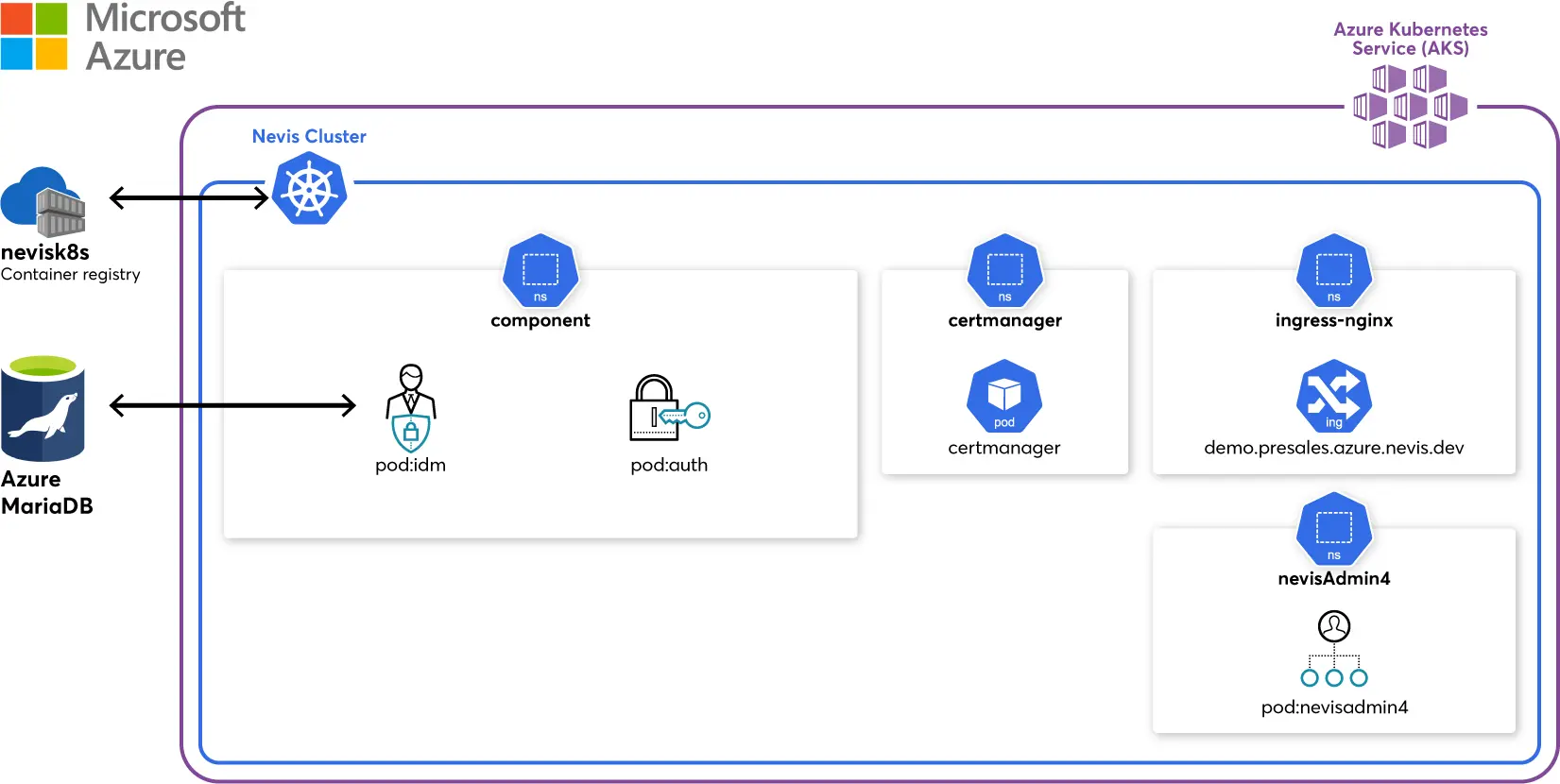DevOps Practices Are Very Important for CIAM Solutions
DevOps, which comes from the words ‘Development’ and ‘Operation’, is a combination of different technical methods and a culture of cooperation between software development and IT operations, between people, processes and technologies. It describes a flexible structure that companies use to develop software among other things. Software is created, tested, released and improved in automated and optimised form.
CIAM systems like those from Nevis are installed between our customers’ users and the applications written by developers that serve these customers. A CIAM system must not impede the implementation of DevOps practices. Ideally, it should «get out of the way» of developers who are trying to offer continuous added value by rapidly deploying functions.
To implement DevOps best practices, Nevis has developed nevisAdmin 4, a comprehensive solution to provide agile, fast and reliable security infrastructures for digital offerings with the highest requirements. Reusable configuration templates map best practices for the most common use cases. This helps your teams increase efficiency and reduce costs. Extensive validation of configuration changes ensures ongoing compliance with your organisation's security policies and procedures.
Advantages of DevOps
There are several good reasons for adopting DevOps practices:
Advanced Configuration Management
CIAM solutions require greater configuration flexibility than typical eIAM systems. This can be attributed to many factors. Below is a series of examples:
A CIAM solution must be highly and flexibly configurable based on customer requirements. Nevis offers a central configuration console (nevisAdmin 4) that customers can use to configure, manage and deploy challenging CIAM scenarios. Some of the key features are:
Native Kubernetes Support
The preferred deployment option at Nevis is with Kubernetes and this offers several advantages:
Native Azure AKS Support
Nevis provides native support for the Microsoft Azure Kubernetes Service (AKS). You can set up a Nevis environment in minutes and manage it centrally using the Nevis management console.

Nevis offers a variety of application possibilities: